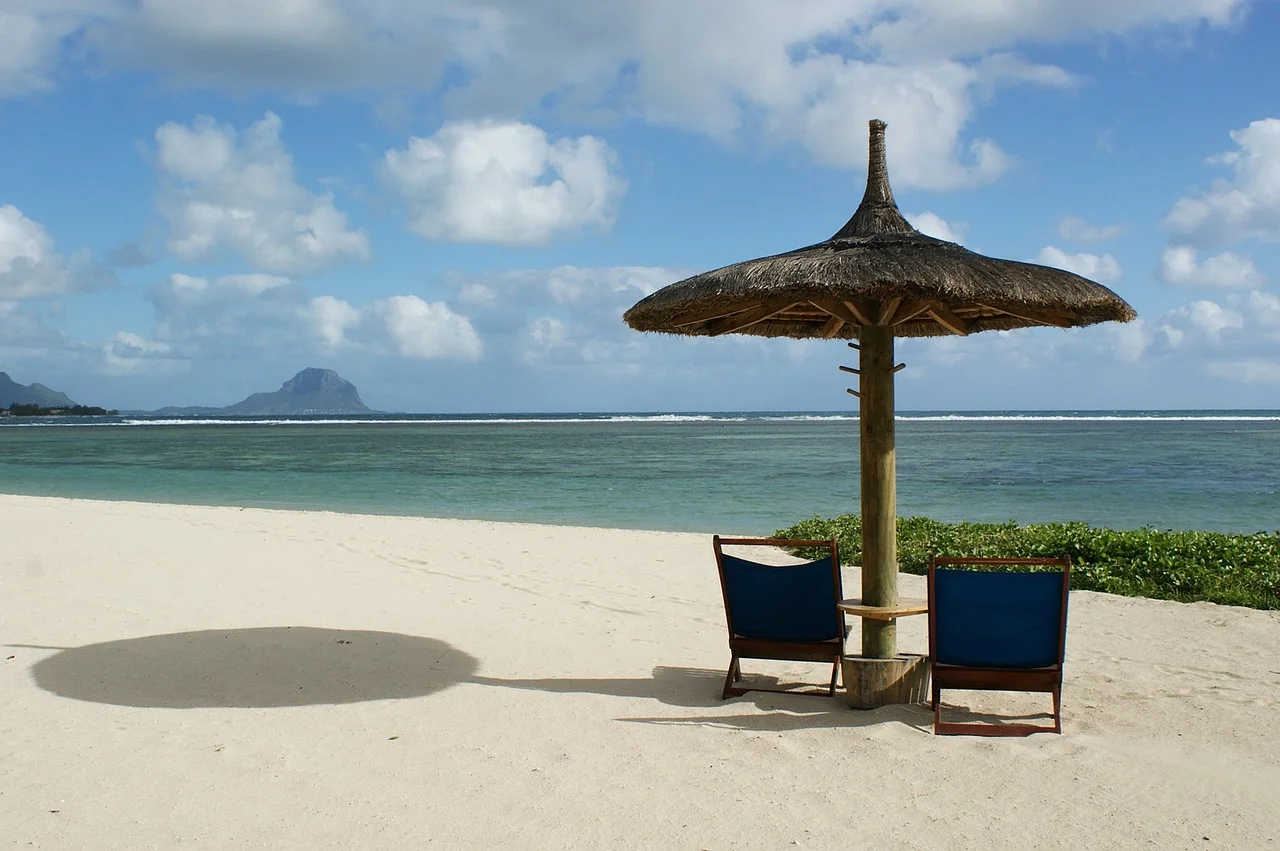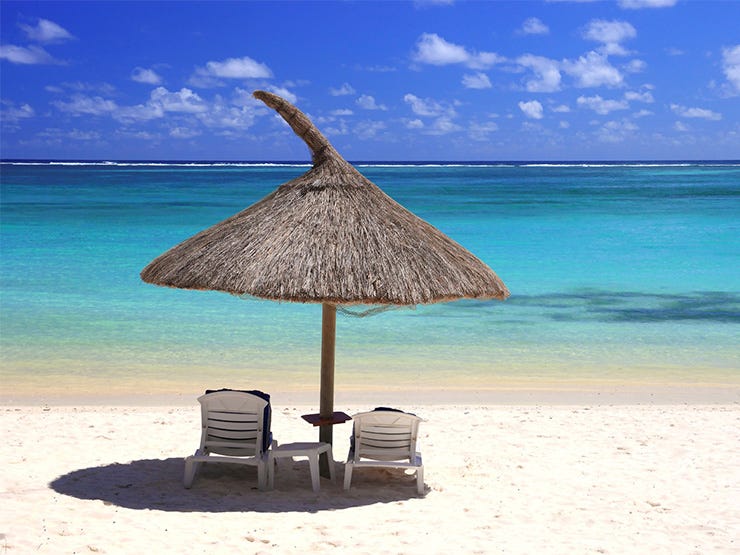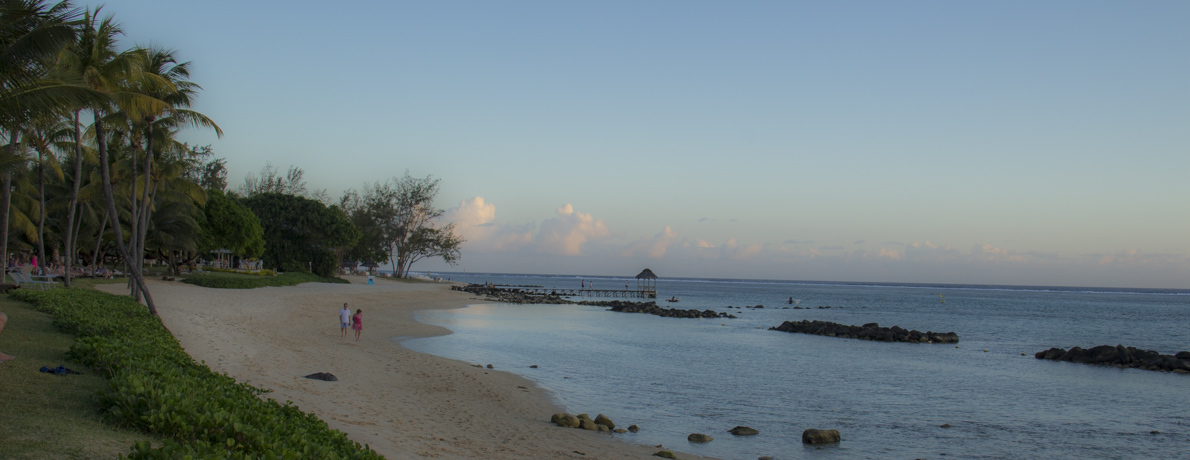Mauritius: A Jewel in the Indian Ocean
Related Articles: Mauritius: A Jewel in the Indian Ocean
Introduction
With enthusiasm, let’s navigate through the intriguing topic related to Mauritius: A Jewel in the Indian Ocean. Let’s weave interesting information and offer fresh perspectives to the readers.
Table of Content
Mauritius: A Jewel in the Indian Ocean

Mauritius, a nation comprised of an archipelago in the southwestern Indian Ocean, holds a captivating position on the world map. Its strategic location, a mere 2,000 kilometers east of Madagascar, places it at a crossroads between Africa, Asia, and the Middle East. This geographical advantage has shaped the island’s rich history, diverse culture, and thriving economy.
A Tapestry of History and Culture:
Mauritius boasts a captivating history, marked by successive waves of human settlement and colonial influence. The island’s story begins with the arrival of the Dutch in the 16th century, followed by the French in the 18th century, and finally, the British in the 19th century. Each era left an indelible mark on the island’s landscape, architecture, and social fabric.
The legacy of these diverse influences is evident in Mauritius’ unique cultural mosaic. The island’s population comprises descendants of European settlers, African slaves, Indian indentured laborers, and Chinese traders. This blend of cultures has resulted in a vibrant and harmonious society, where various languages, religions, and traditions coexist peacefully.
A Paradise of Natural Beauty:
Mauritius is renowned for its stunning natural beauty. The island’s volcanic origins have created a diverse landscape, ranging from lush green forests and rolling hills to pristine beaches and turquoise lagoons. The iconic Le Morne Brabant, a dramatic mountain rising from the southwestern coast, is a UNESCO World Heritage site, a testament to the island’s natural splendor.
The surrounding waters are home to an abundant marine ecosystem, teeming with vibrant coral reefs, colorful fish, and playful dolphins. Mauritius offers a plethora of opportunities for water sports, from snorkeling and diving to kitesurfing and windsurfing.
A Thriving Economy:
Mauritius has transformed itself from a primarily agricultural economy to a diversified and dynamic one. Its strategic location has made it a major maritime hub, while its commitment to education and technological advancement has fostered a skilled workforce.
Tourism remains a cornerstone of the Mauritian economy, attracting millions of visitors annually. The island’s luxury resorts, pristine beaches, and diverse activities offer a compelling destination for leisure travelers.
Beyond tourism, Mauritius has established itself as a leading financial center in the region. The island’s favorable tax regime, robust legal framework, and skilled workforce have attracted numerous international businesses and investors.
Mauritius in the World Map: A Strategic Significance:
Mauritius’ position in the Indian Ocean grants it significant strategic importance. Its strategic location, combined with its well-developed infrastructure and stable political environment, has made it a key player in regional trade and diplomacy.
The island is a member of the Southern African Development Community (SADC), the African Union (AU), and the Commonwealth. It actively participates in international organizations and initiatives, promoting regional cooperation and economic development.
FAQs on Mauritius in the World Map:
1. What is the capital of Mauritius?
The capital of Mauritius is Port Louis, located on the northwestern coast of the island.
2. What languages are spoken in Mauritius?
The official language of Mauritius is English, but the most widely spoken language is Mauritian Creole, a French-based creole language. Other languages spoken include French, Hindi, Urdu, and Bhojpuri.
3. What is the currency of Mauritius?
The currency of Mauritius is the Mauritian Rupee (MUR).
4. What is the best time to visit Mauritius?
The best time to visit Mauritius is during the dry season, from May to November, when the weather is sunny and warm.
5. What are some popular tourist attractions in Mauritius?
Popular tourist attractions in Mauritius include the beaches of Grand Baie, Flic en Flac, and Belle Mare, the Le Morne Brabant mountain, the Casela Nature Park, and the Chamarel Seven Coloured Earths.
Tips for Visiting Mauritius:
- Plan your trip in advance, especially during peak season.
- Obtain a visa if required, depending on your nationality.
- Pack light clothing, swimwear, sunscreen, and insect repellent.
- Learn a few basic Mauritian Creole phrases to enhance your experience.
- Respect local customs and traditions.
- Try the local cuisine, which is a fusion of African, Indian, and European influences.
- Explore the island’s diverse landscapes, from beaches to mountains to forests.
Conclusion:
Mauritius, a vibrant island nation in the Indian Ocean, occupies a significant position on the world map. Its rich history, diverse culture, stunning natural beauty, and thriving economy make it a compelling destination for travelers, investors, and businesses alike. As a strategically important nation in the region, Mauritius plays a crucial role in promoting regional cooperation and economic development. Its captivating blend of cultures, breathtaking landscapes, and dynamic economy continues to attract visitors and investors from around the globe, cementing its place as a jewel in the Indian Ocean.








Closure
Thus, we hope this article has provided valuable insights into Mauritius: A Jewel in the Indian Ocean. We hope you find this article informative and beneficial. See you in our next article!